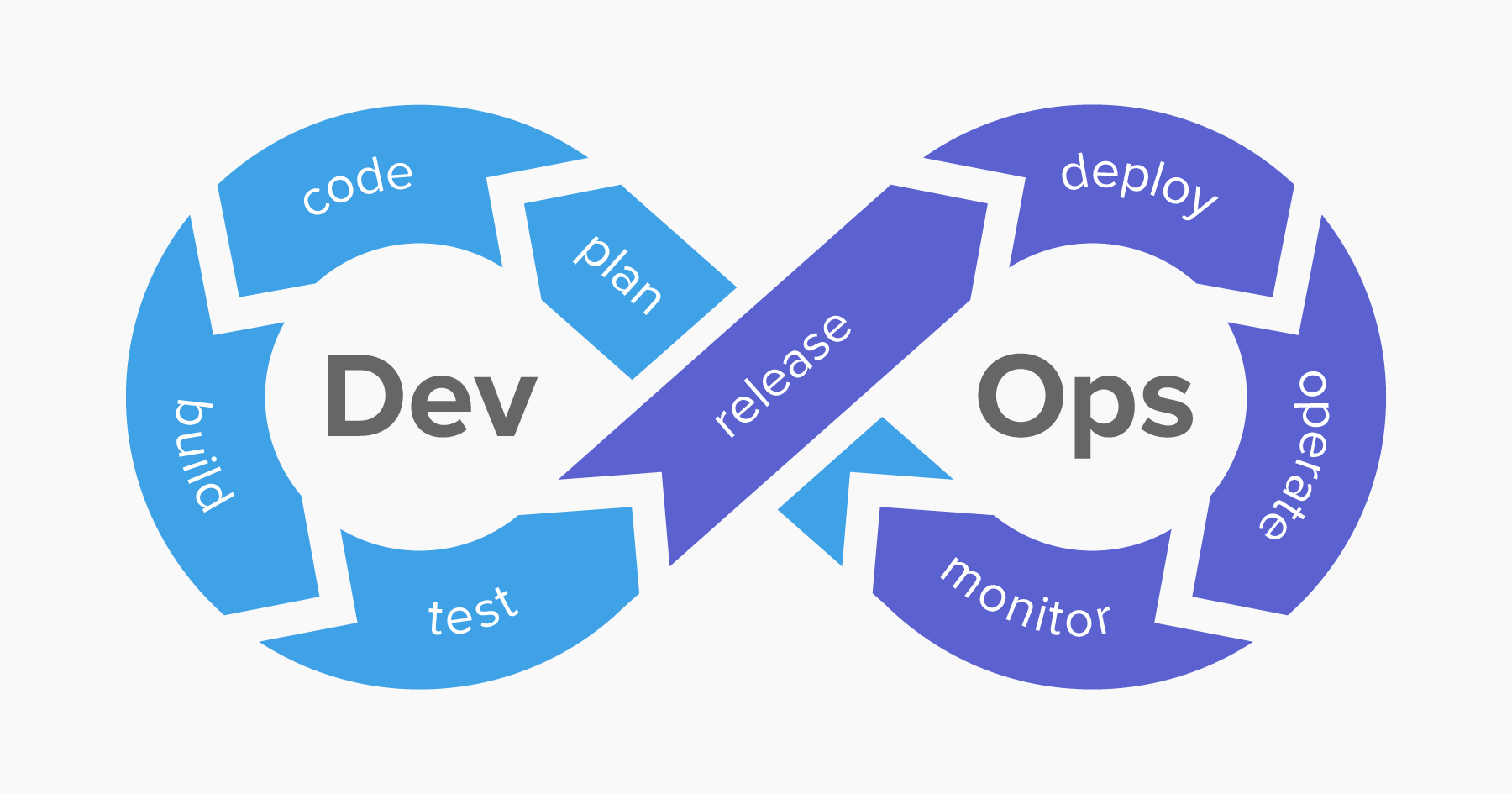By incorporating security into your DevOps, you get the DevSecOps that stands for development, security, and operations. Many companies are now seeking to boost their security to prevent the increasing cybersecurity attacks. About half of the small businesses in the United States of America suffered from a cyberattack in 2018.
Businesses want more robust security standards and policies that do not slow down any development process. Top providers such as https://sonraisecurity.com/who-we-serve/devsecops/can help you by providing efficient solutions for DevSecOps.
DevSecOps aims to add security testing into your development process. Make sure to avoid the below common mistakes when implementing automated DevSecOps:
Late Initiation of Data Security
Many companies make the mistake of procrastinating to roll out the DevSecOps features. They tend to wait for a longer time before initiating the data security tools. In most cases, individuals forget to do so.
They only realize it when a data breach occurs or when they suspect a security issue in their software. DevSecOps brings you some of the most efficient automated security testing tools.
Make sure to initiate all the data security features of DevSecOps as soon as you implement them. You can then scan all your configurations to ensure security. Some tools run in your application during production. Only then can you identify any security issue that arises in real-time.
More Emphasis on Agility
Many companies channelize their entire focus on agility. DevSecOps helps to move things faster while delivering products of a higher quality. However, in the quest for speed, you cannot neglect its essential security features.
Many do not spend time to explore and activate the security testing of DevSecOps. They tend to dismiss the security guidelines while implementing security DevOps. While your workflow will be seamless initially, it may hit a significant roadblock as soon as it faces any security threat.
It can be challenging to restore your developments at later stages. To avoid this, make sure to take the security guidelines and features of DevSecOps seriously.
Lack of Proper Integration
DevSecOps seeks to integrate development and security smoothly. One of the essential requirements of a successful and efficient security DevOps strategy is to build your data security teams.
They must be able to integrate well into your workflow. The staff of your security team and the managers must have a deep understanding and familiarity with the various data security vulnerabilities and risks.
Otherwise, they may fail to handle it properly. The security threat may then aggravate and cause significant issues to your development process. An efficient security team can address any security issues from your codes and applications. Ensure to select a proficient team to handle such data security vulnerabilities.
Running Asynchronized Tests
Most DevSecOps professionals have a conception that running asynchronized security tests leads to improved execution and effective results. However, this is not entirely true. Any security test is written smartly. It is essential to execute it synchronously.
Moreover, it is a better method to save your time. You can identify any security vulnerabilities as soon as they arise. By addressing them immediately, you can resolve the issue and restore your data quickly.
You can also achieve your expected timelines without any issues. Additionally, once you implement DevSecOps, make sure that the automatic security tests run constantly.
Ignoring Database
A database is an essential area that you cannot afford to overlook when implementing DevSecOps. While DevSecOps tends to constantly and rapidly expand, your database may not always keep up with its pace. You have to automate your database as well to avoid any lagging.
Make sure to keep an efficient team that handles the database. If the handling is not done correctly, most of your applications rely on the data. An outdated database may also attract more security threats.
Though DevSecOps identifies it immediately with its security testing, it may be time-consuming for you to rectify it. Avoiding such instances is the best if you wish to enhance your productivity.
Inflexibility around DevSecOps Procedures
TheDevSecOps principles provide a practical foundation to run security tests within your application and software. However, to develop a successful security DevOps strategy, it is essential to customize the journey for desired outcomes.
For this, you need to ensure that the core security DevOps tools and features such as regular security tests and tool integrations are in place. You can now begin to create any internal modifications to enhance the security within your systems and software, such as expanding automation.
DevSecOps can help you to make the security within your applications and software stronger. Make sure to avoid the above mistakes to establish maximum protection and development.

